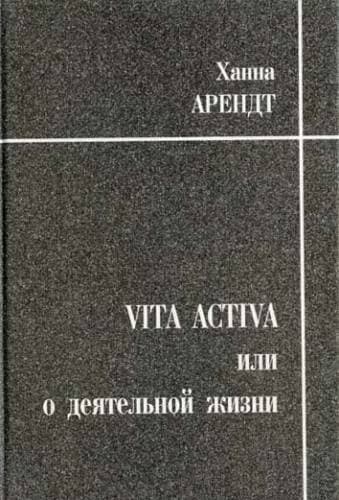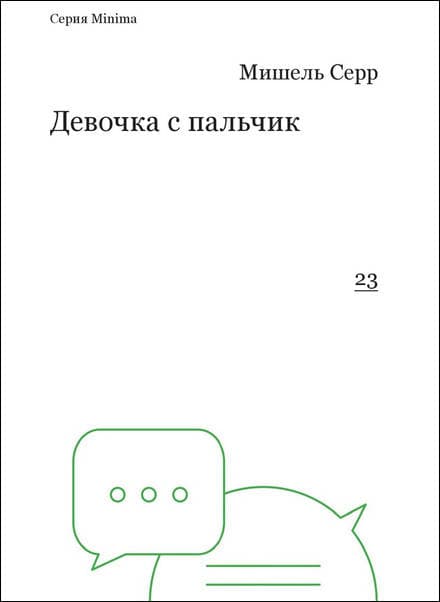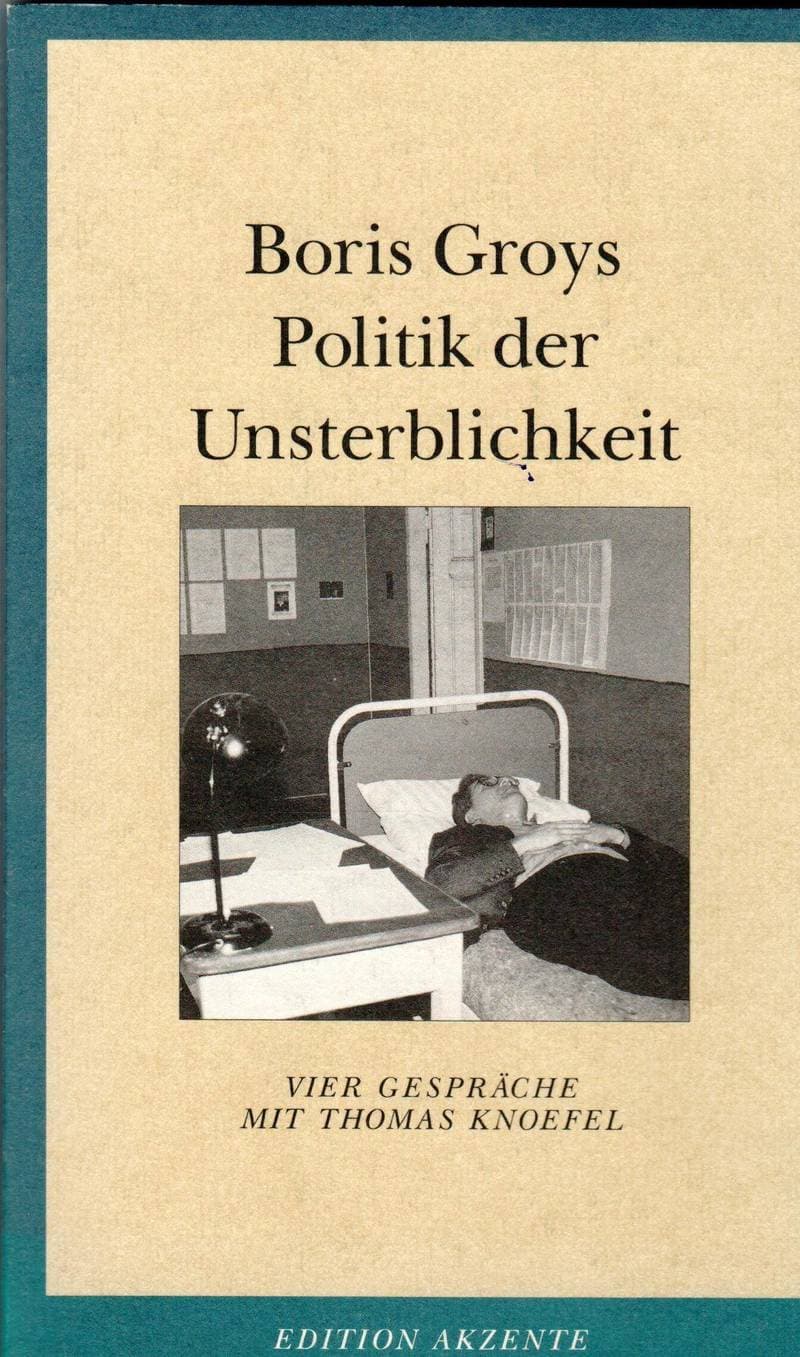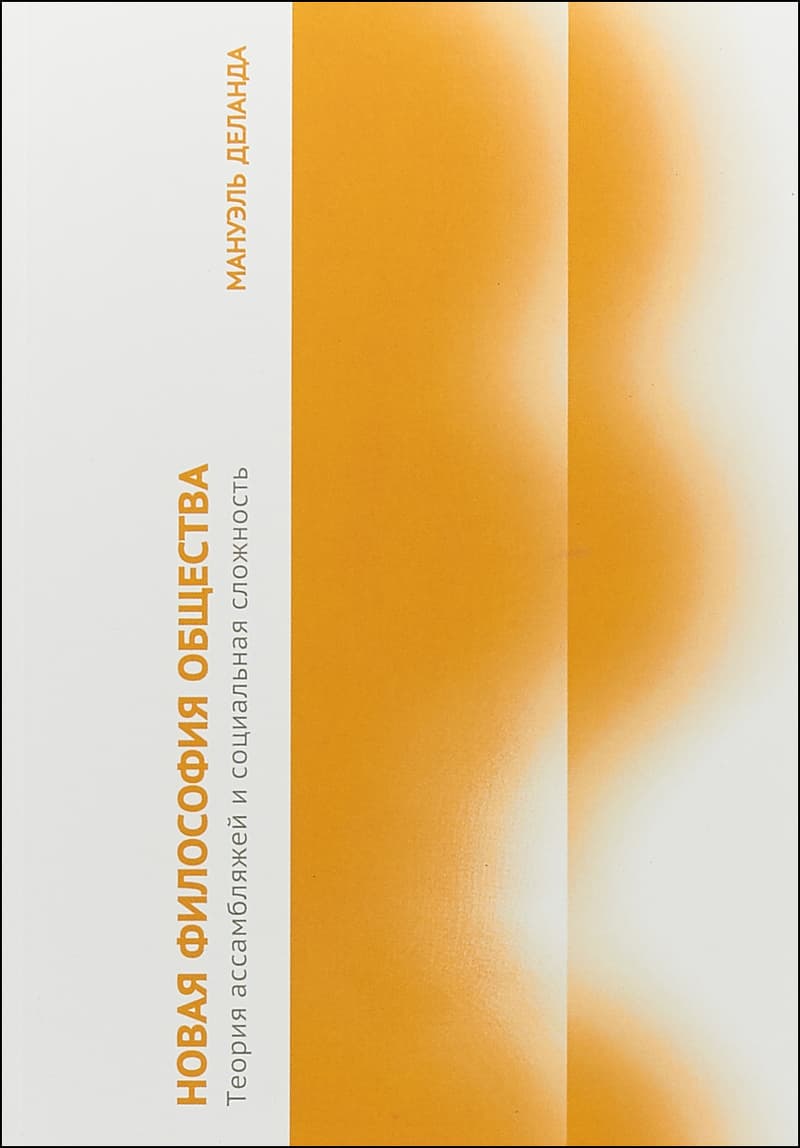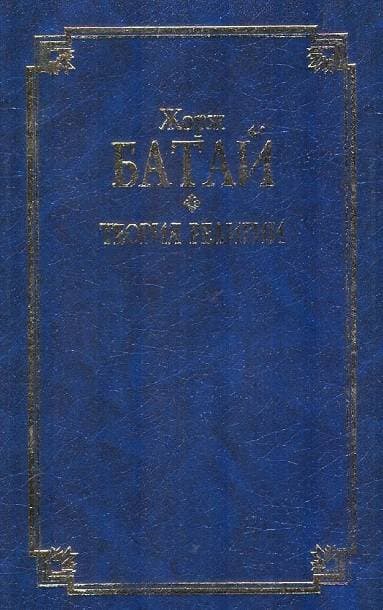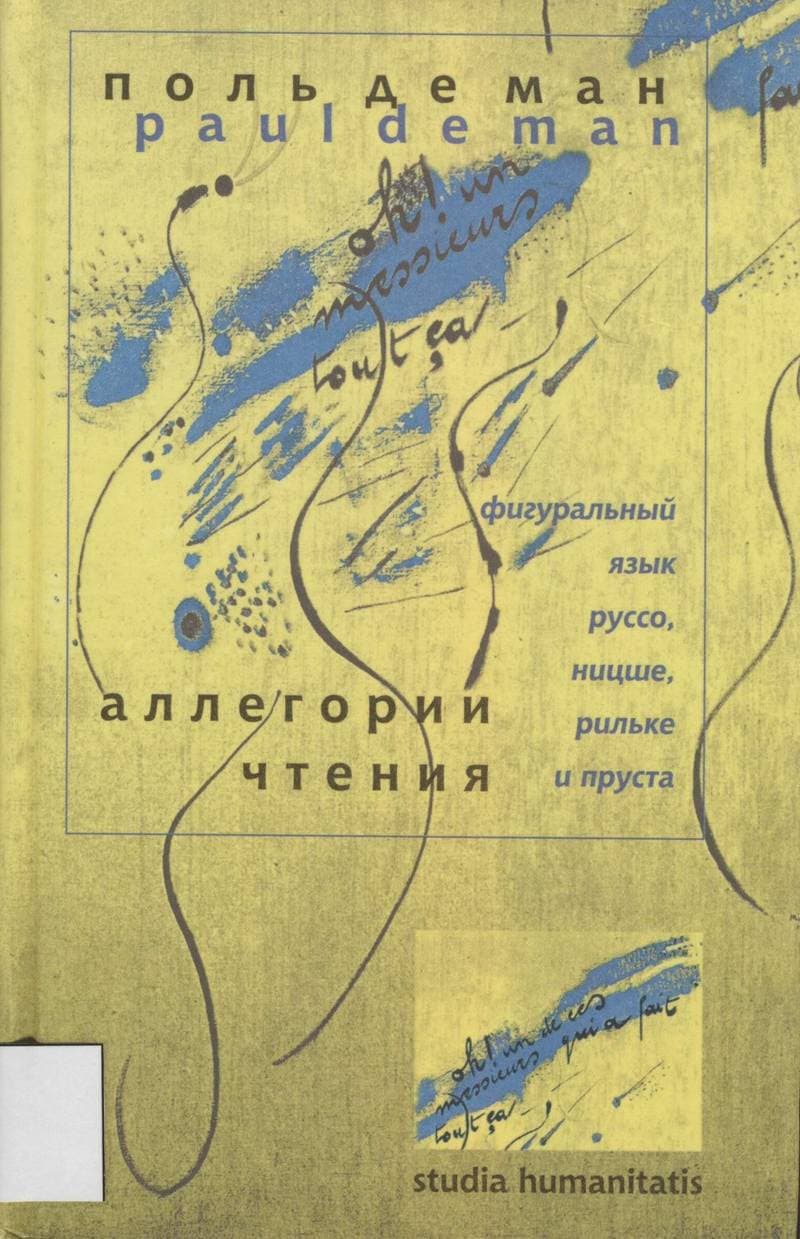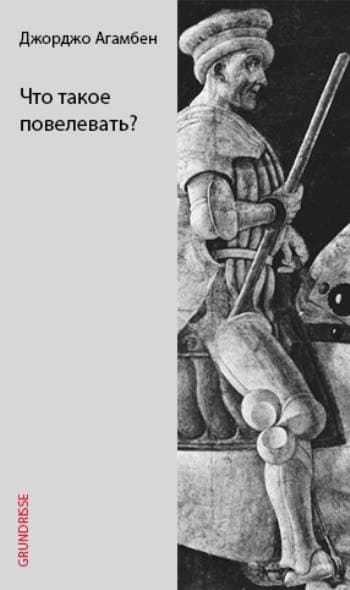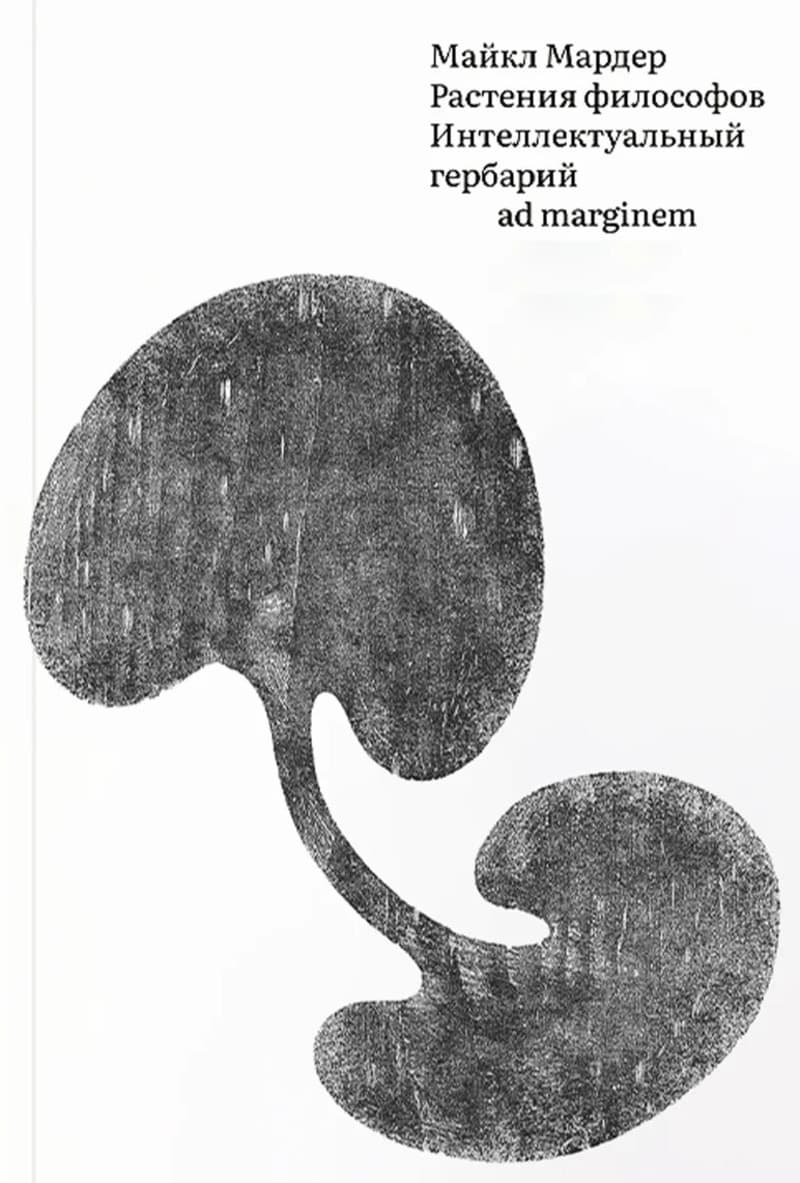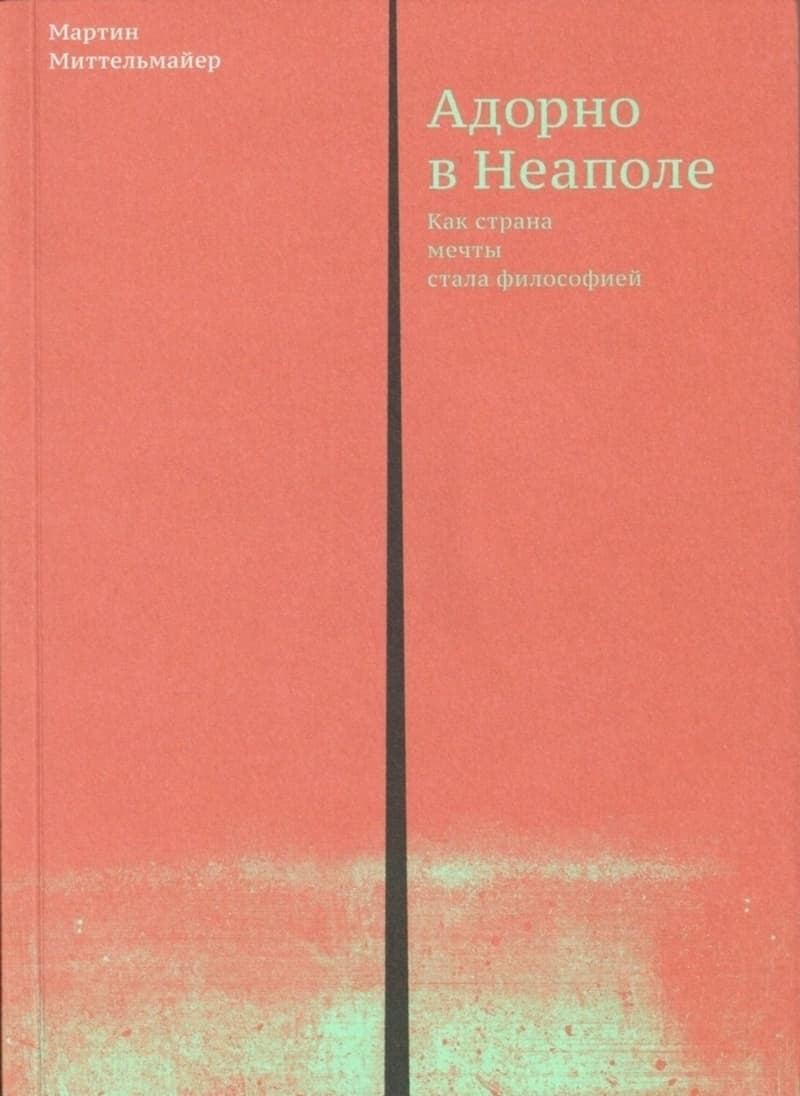The Porcelain Workshop. For a New Grammar of Politics
In 2004 and 2005, Antonio Negri held ten workshops at the College International de Philosophie in Paris to formulate a new political grammar of the postmodern. Biopolitics, biopowers, control, the multitude, people, war, borders, dependency and interdependency, state, nation, the common, difference, resistance, subjective rights, revolution, freedom, democracy: these are just a few of the themes Negri addressed in these experimental laboratories. Postmodernity, Negri suggests, can be described as a “porcelain factory”: a delicate and fragile construction that could be destroyed through one clumsy act. Looking across twentieth century history, Negri warns that our inability to anticipate future developments has already placed coming generations in serious jeopardy. Describing the years 1917–1968 as the “short century,” Negri suggests that by the end of it, all of the familiar markers of modernity (including that of socialism) had lost their relevance. Confronted with an intolerable reality, indignation and the revolutionary will to transform the world have both taken new forms and must be understood anew, free of modernist assumptions.
Данные книги
Кембридж
2008
175 страниц
9781584350569
Доступ по запросу
Нет
Нет
109 Neg
1
- Vita activa, или О деятельной жизни2000
- Девочка с пальчик2016
- Ник Ланд. Сочинения в 6 томах. Том 2. Киберготика2018
- Politik der Unsterblichkeit: Vier Gespraeche mit Thomas Knoefel2002
- Загадочное отношение философии и политики2016
- Новая философия общества: Теория ассамбляжей и социальная сложность2018
- Теория религии. Литература и зло2000
- Аллегории чтения. Фигуральный язык Руссо, Ницше, Рильке и Пруста1999
- Люди в тёмные времена2024
- Что такое повелевать?2013
- Растения философов. Интеллектуальный гербарий2025
- Адорно в Неаполе. Как страна мечты стала философией2017

